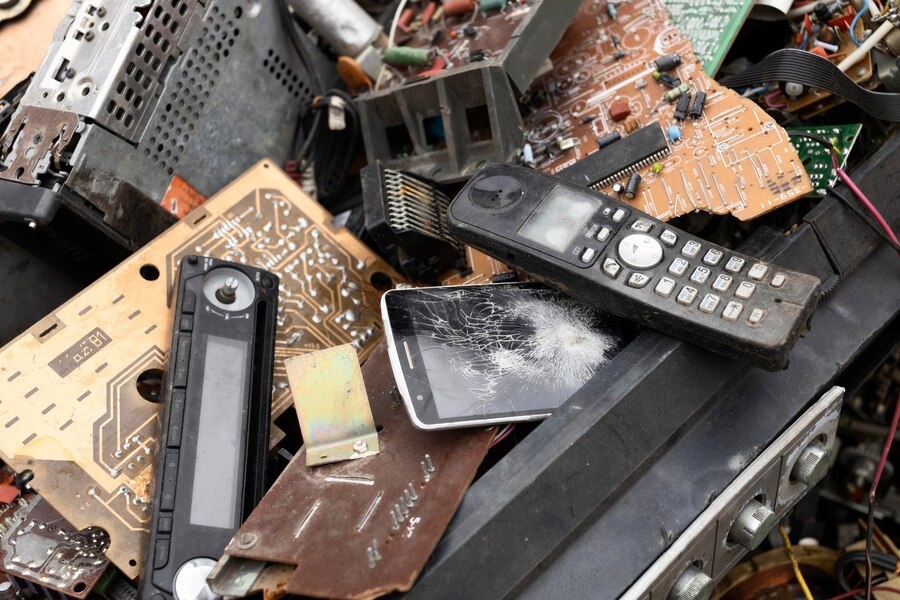In recent years, electronic waste, or e-waste, has emerged as a pressing environmental concern globally. With the rapid proliferation of electronic devices and gadgets, India, like many other countries, faces the challenge of managing this burgeoning stream of waste effectively. In response to this challenge, the Indian government has implemented various measures, with the Central Pollution Control Board (CPCB) playing a pivotal role in formulating and implementing policies to address e-waste pollution.
E-waste comprises discarded electronic devices ranging from smartphones and laptops to refrigerators and televisions. These devices contain hazardous materials such as lead, mercury, cadmium, and brominated flame retardants, posing significant risks to both human health and the environment if improperly handled or disposed of. India's growing consumption of electronic products has resulted in a corresponding increase in e-waste generation, making it imperative for the government to adopt comprehensive strategies to tackle this issue.
One of the primary initiatives undertaken by the Indian government is the implementation of the E-Waste (Management) Rules, 2016. These rules aim to regulate the generation, collection, segregation, recycling, and disposal of e-waste to minimize its adverse impact on the environment and public health. Key provisions of the rules include extended producer responsibility (EPR), which mandates manufacturers to take responsibility for the environmentally sound management of their products throughout their lifecycle.
The Central Pollution Control Board, established under the Water (Prevention and Control of Pollution) Act, 1974, serves as the apex regulatory body for environmental protection in India. The CPCB plays a crucial role in overseeing the implementation of e-waste management regulations and ensuring compliance by various stakeholders, including manufacturers, recyclers, and consumers. It formulates guidelines and standards for the treatment and disposal of e-waste, conducts awareness campaigns, and monitors pollution levels to assess the effectiveness of existing measures.
One of the key functions of the CPCB is the authorization of e-waste recyclers and dismantlers. These facilities are required to obtain authorization from the CPCB or State Pollution Control Boards (SPCBs) to ensure that they comply with the prescribed norms for the safe handling and recycling of e-waste. By regulating these facilities, the CPCB aims to prevent unauthorized recycling operations that pose risks to human health and the environment due to improper handling of hazardous materials.
In addition to regulatory oversight, the CPCB collaborates with various stakeholders, including government agencies, industry associations, and non-governmental organizations, to promote awareness and capacity-building initiatives. These efforts aim to educate consumers about the importance of responsible e-waste management practices, including proper disposal methods and the benefits of recycling. Furthermore, the CPCB works towards fostering innovation in e-waste management technologies and promoting research and development in this field.
Despite these efforts, challenges remain in effectively managing e-waste pollution in India. Limited awareness among consumers, inadequate infrastructure for e-waste collection and recycling, and the prevalence of informal recycling practices are some of the persistent challenges that need to be addressed. The Indian government, along with the CPCB and other stakeholders, must continue to strengthen enforcement mechanisms, enhance public awareness, and invest in sustainable e-waste management infrastructure to mitigate the adverse impacts of e-waste pollution.
In conclusion, addressing the growing menace of e-waste pollution requires a concerted effort from all stakeholders, including the government, industry, and civil society. The Indian government's initiatives, supported by the Central Pollution Control Board, play a crucial role in regulating and managing e-waste to safeguard the environment and public health. However, sustained action and collaboration are essential to effectively address the challenges posed by e-waste and move towards a more sustainable and environmentally responsible future.


No comments yet